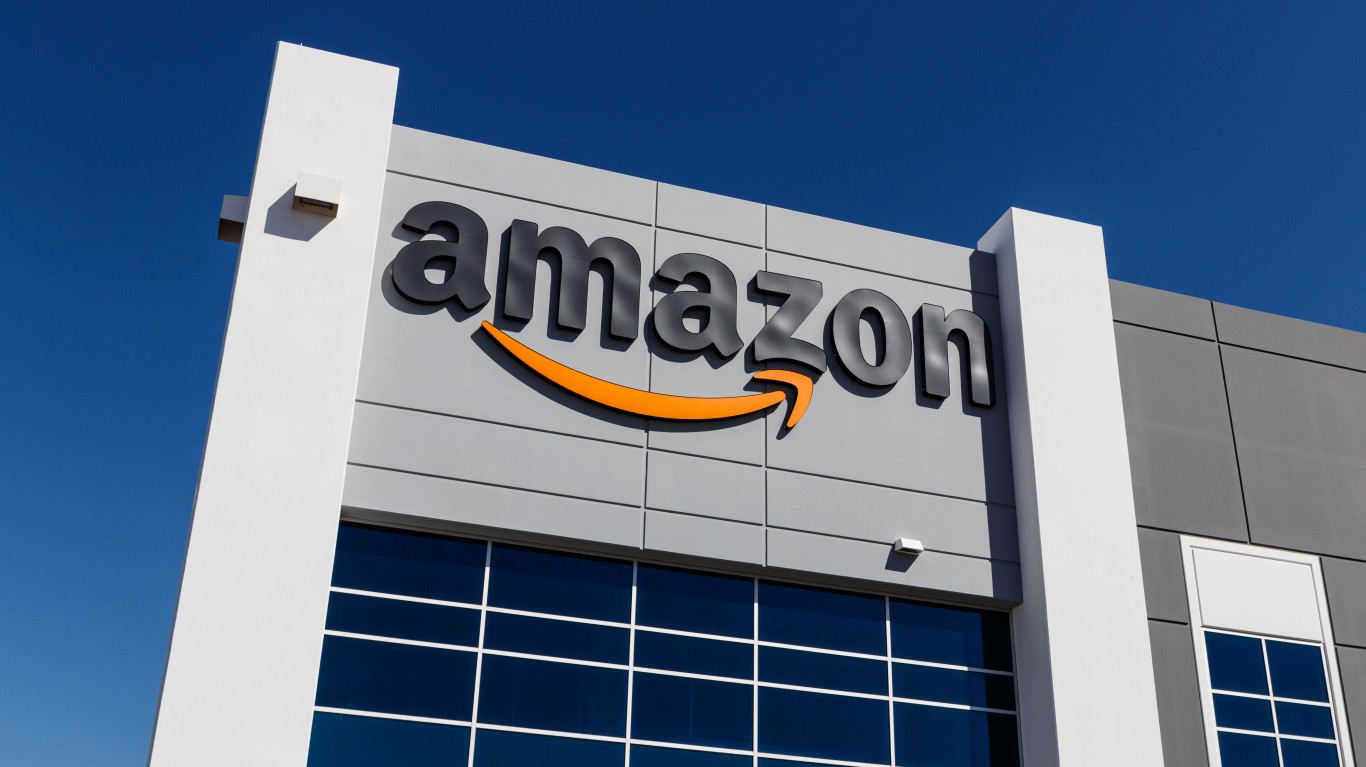
"It's hard to avoid the fearful "AI bubble" comments these days, especially as the big technology companies move into earnings where, of course, there's a fairly high bar. Amazon and Taiwan Semiconductor can give you pause and are actually value picks right now. And while it's been a while (Liberation Day) since we've had a big correction, I do think that the big drop could see investors really hit the panic button over the potential for the sell-off to get horrifically bad."
"While it's always wise to consider the downside risks, even when you couldn't be more bullish, I think that investors shouldn't proceed forward with the expectation that the AI boom in stocks will lead to a massive crash, like during the dot-com bust, or the horrific implosion of 1929. Of course, if you bring up the year 2000, 2001, or 1929, you're going to get attention, as you ring the alarm bells on valuations in today's market."
"Undoubtedly, if we are due for the end of the so-called "no hire, no fire" era and the start of mass layoffs (AI will probably have a lot to do with the cuts if we are headed for another year of efficiency), perhaps it makes more sense to worry about the bullish extreme with AI than the bearish one (a bubble bursting)."
Fearful talk of an AI bubble has intensified as large technology companies approach earnings, raising valuation scrutiny even as names like Amazon and Taiwan Semiconductor appear as value picks. A prolonged absence of major corrections increases the chance of a sharp sell-off that could trigger investor panic. The AI-driven surge in equities should not be expected to produce a crash on the scale of the dot-com bust or 1929, particularly as AI fosters workplace automation. Some AI stocks trade at attractive levels. The potential for mass layoffs makes the bullish overreach a concern, while rapid AI adoption could deliver large investor gains at employment's expense.
Read at 24/7 Wall St.
Unable to calculate read time
Collection
[
|
...
]